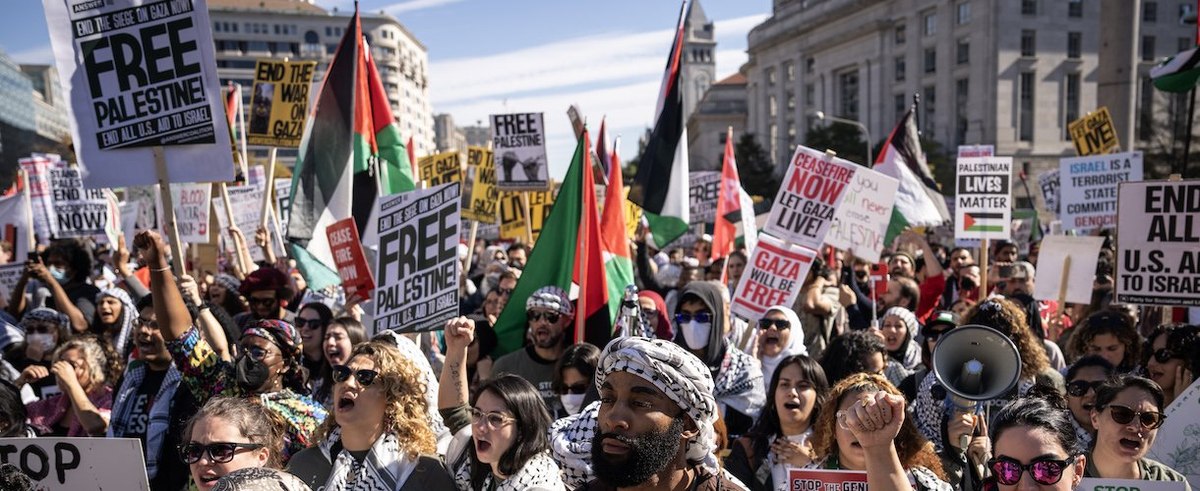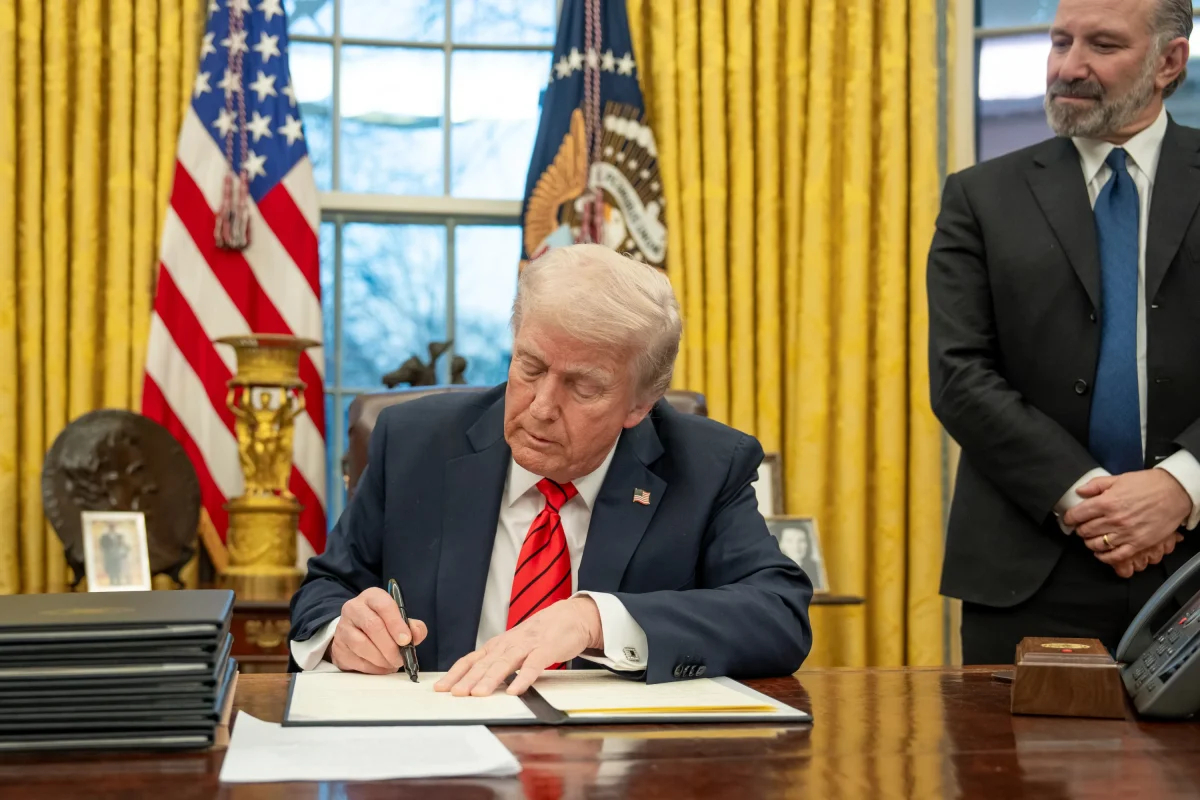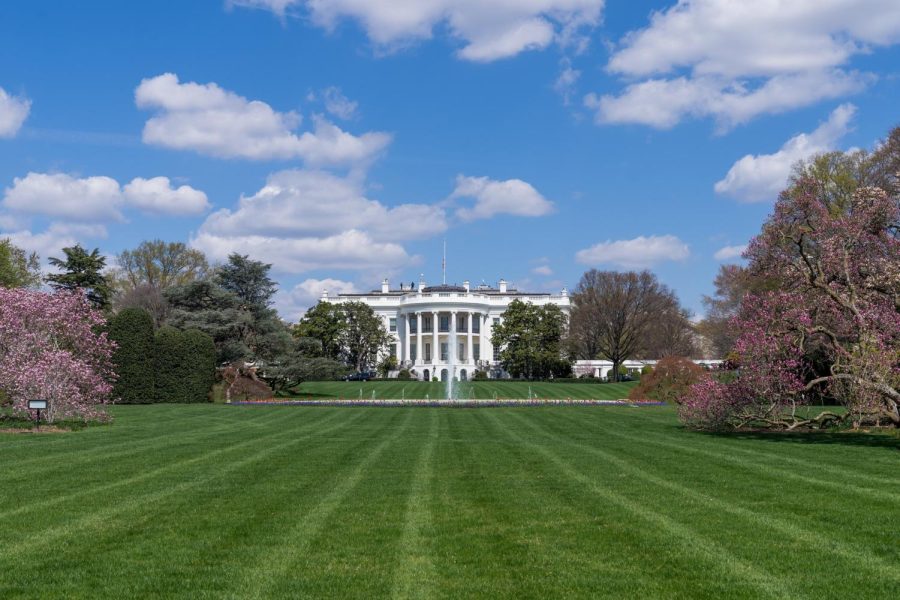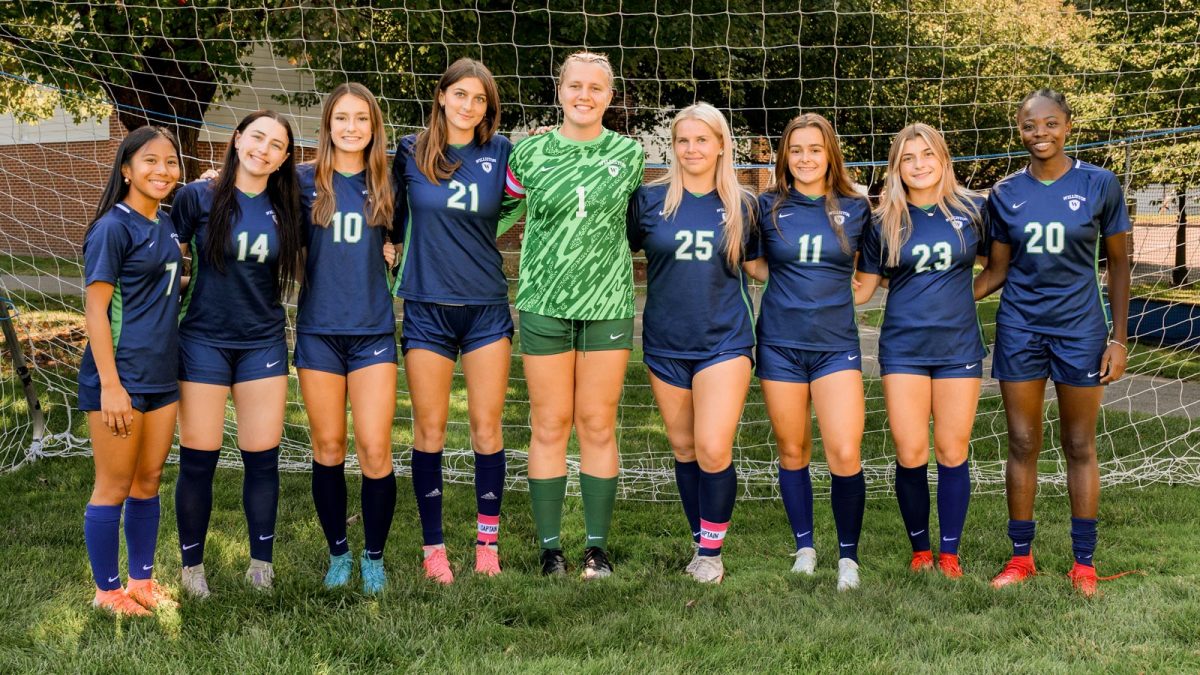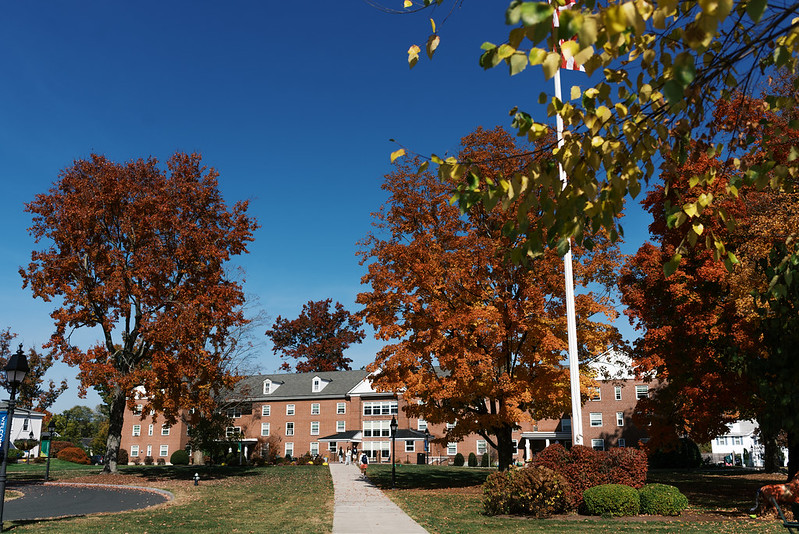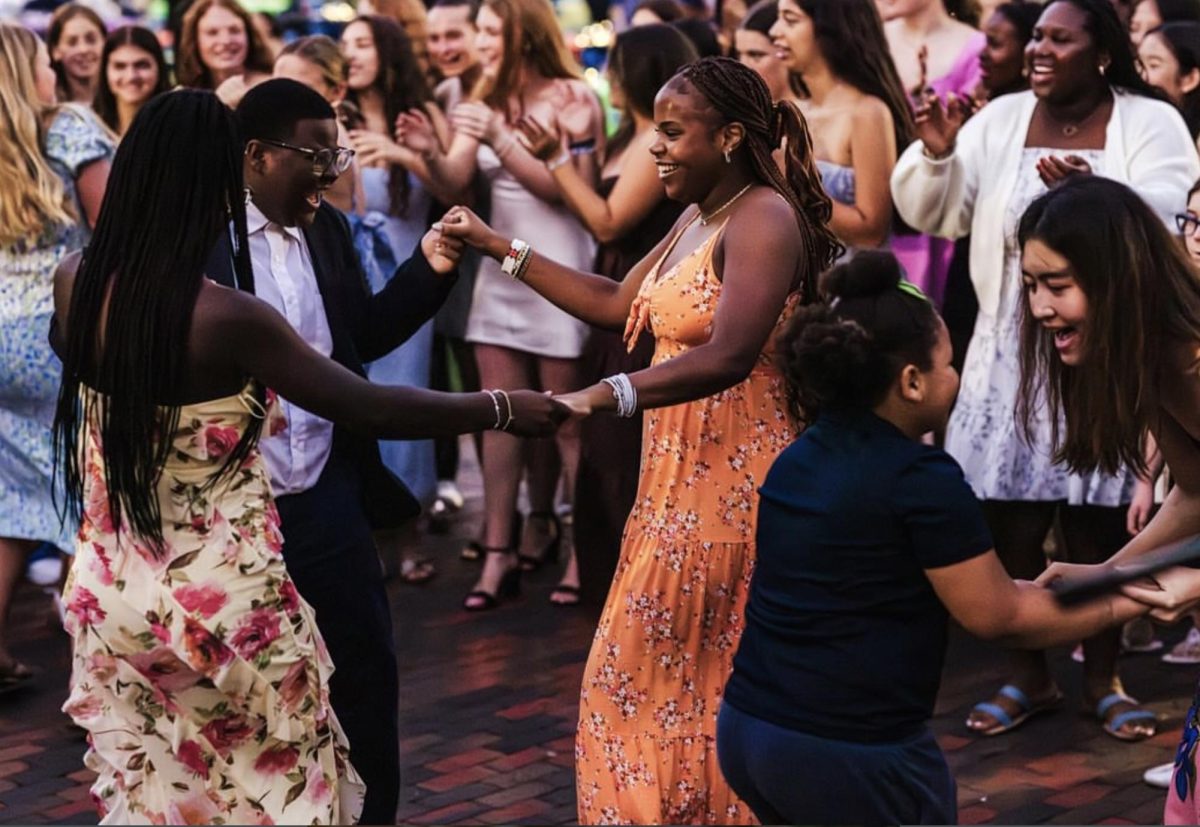The ongoing conflict in the Middle East between Israel and Palestine is continuing to rage, and the effects of the war now are being felt across the U.S., especially on college campuses.
A wave of protests has spread across American campuses in recent weeks, and tensions are running high as many Pro-Palestinian students have demanded their schools condemn Israel’s continued onslaught against Palestinian terrorist group Hamas.
While protests have taken place on campuses across the country, some of the largest ones have taken place at Columbia University, the University of Southern California, and the University of Texas Austin. At these schools and others, many students have been arrested for defying orders to disperse.
The conflict in the Middle East has been the topic of immense controversy in the United States and across the world since Hamas attacked Israel on October 7, 2023. The war has pitted many Americans against each other, and college campuses have been no exception: many Jewish students on colleges have expressed fear over growing antisemitism, while some Arab and Muslim students have expressed similar concerns over being associated with pro-terrorist activity in the Middle East.
Since Israel led retaliatory strikes in responses to Hamas’ initial Oct. 7 attack, more than 34,000 Palestinians have been killed, with most of these deaths taking place within the Gaza Strip, according to Al Jazeera. At least 1,410 Israelis have also died since the conflict began.
The population density of the Gaza Strip has also contributed to the destruction and death caused by Israel’s strikes. The region is only 141 square miles and is occupied by about 14,000 people per square mile, according to AP News.
Some student protesters have been warned about continuing their protests, with some college administrators providing protestors with an ultimatum to avoid suspension.
Minouche Shafik, the President of Columbia University, provided protestors with an opportunity to avoid punishment, but reiterated the threat of suspension for students who defied the college’s orders.
“If you voluntarily leave … [and] identify yourself to university officials … you will be eligible to complete the semester in good standing,” Shafik announced in a message to students. “If you do not leave [though], you will be suspended pending further investigation,” she added.
Despite the school’s administration’s invitations for students to disperse without recourse, many stayed, with protests in recent days turning violent.
Columbia ultimately called New York City police to enter Hamilton Hall, Columbia’s main administrative building, which protestors had taken over. Some protesters could be seen barricading doors and smashing windows once they had entered the building.
“We are seeing the tactics changing in a way that is endangering public safety,” said New York City Police Commissioner, Edward Caban, when asked about the protests. New York City Mayor Eric Adams added that protesters should leave before the situation on campus escalated. “This must end now,” he said.
While there has been major opposition to the continued protests among the public, there have also been many who support the students’ actions.
One such voice was that of novelist Colson Whitehead, who recently withdrew his offer to speak at the UMass Amherst Commencement after police arrested over 100 protesters who refused to disperse from university grounds.
In his message to the UMass Administration, Whitehead emphasized his opposition to police being called on a peaceful protest.
“I was looking forward to speaking next week at UMass Amherst,” Whitehead said. “I visited two years ago and everyone was awesome. But calling the cops on peaceful protesters is a shameful act,” Whitehead, a two-time Pulitzer Prize winner, posted on the social media app Bluesky.
Whitehead followed up with a call for peace in Gaza. “I pray for the safety of the Palestinian people, the return of the hostages, and an end to this terrible war.”
Another strong voice for peace in Gaza is Sara Weinberger, a Northampton-based activist, columnist, and social worker. The Willistonian spoke with Weinberger, who has been strongly involved in peace efforts since the war began, to discuss her views on the recent protests and how they fit into the larger context of the war itself.
For the most part, Weinberger appreciates student protesters’ commitment to supporting Peace in Palestine.
“In many ways, I’m really proud of the students who are protesting,” Weinberger said. “It’s been a while since people have stood up for something in this way.”
While Weinberger has been supportive of the recent demonstrations, she is also disappointed that the issue has become so polarized.
“What’s happening on the campuses is great, and I’m glad that students aren’t apathetic, but I think that there was a way that they could talk to each other,” Weinberger told The Willistonian.
Weinberger, who is Jewish and the daughter of Holocaust survivors, also recognizes the huge toll inflicted on Israelis during the Oct. 7 attacks, in which more than 1,160 Israeli citizens were murdered, and others were raped or taken hostage.
“While I want peace there, it is also important to remember that on October 7, a lot of innocent people died. A lot of people who were murdered and raped,” she said.
Since protests on both sides of the conflict has arisen, Weinberger has become frustrated by each side’s lack of empathy for the other.
“Why can’t we stand together?” Weinberger asked. “That’s the main thing I have trouble with. I had trouble early on when demonstrators were waving signs saying ‘Free Palestine.’ I want Palestine to be free too, but I also want Israelis to be able to live in peace. I want the hostages to be released.”
Weinberger says her thoughts about the war have changed in the time since the Oct. 7 attacks, but her current attitude around the conflict continues to be one of seeking unity.
“Since October 7, I have been in this phase of ‘why can’t we stand together,'” Weinberger said.
An organization in the Middle East that Weinberger believes embodies this mindset is “Standing Together,” which works to heal the divide between Palestinians and Israelis living in Israel.
“Standing together is a coexistence group of Palestinians and Israelis in Israel who believe that the Palestinians aren’t going anywhere and the Israelis aren’t going anywhere,” she said. “So we might as well learn to live together.”



